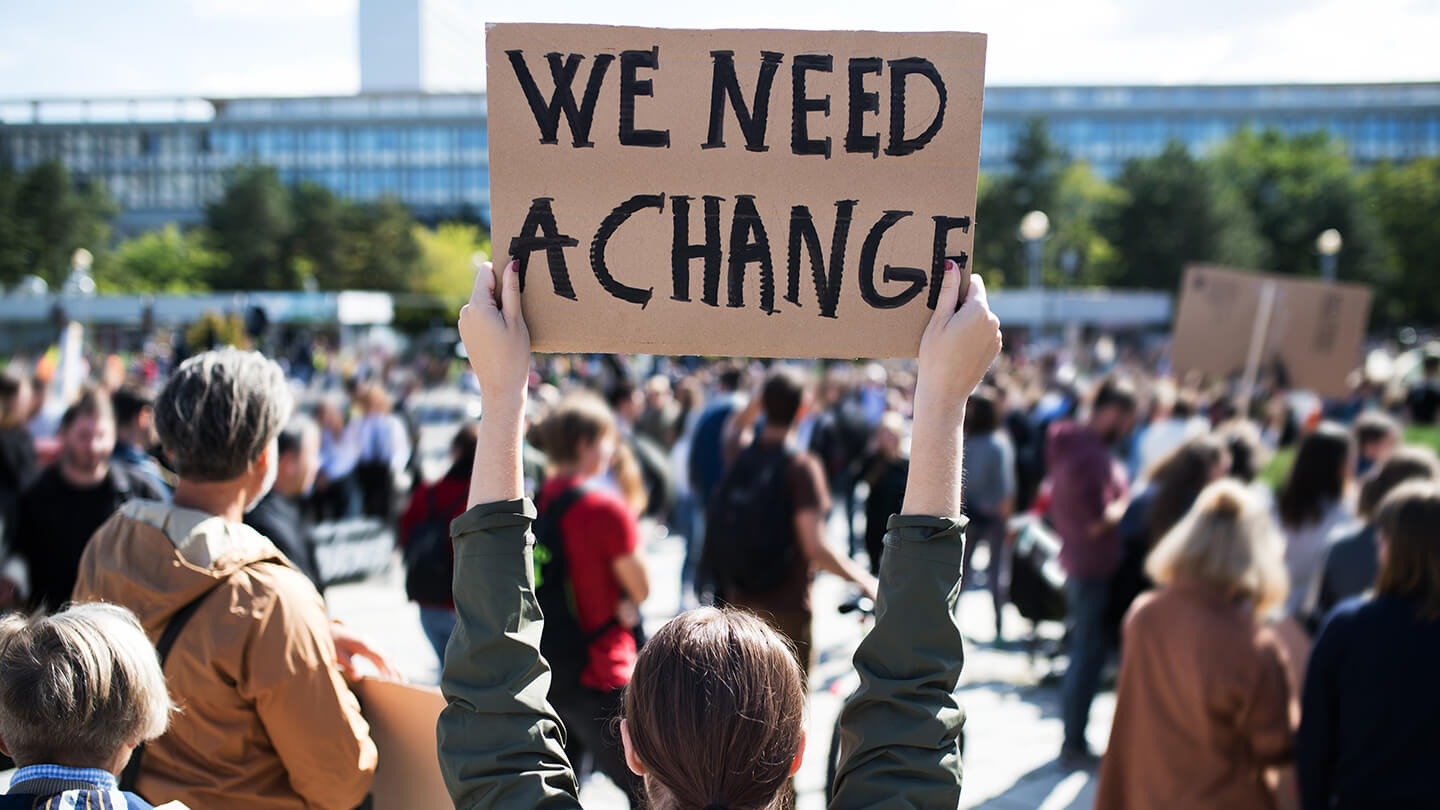In the history of film – from the first pioneering days of the talkies to modern CGI blockbusters – few events have had a more profound impact on the film industry than the 2023 Screenwriters’ Strike. It’s an event that has the potential to profoundly change the dynamics of Hollywood forever.
In the world of cinema, the job of screenwriters is to craft the narratives that captivate the hearts and minds of audiences around the world. Yet, behind this “magical” facade, there lies a tale of discontent and inequality that finally came to a head in May of this year when the Writers Guild of America called a strike to address the rights of screenwriters in an industry that often favors glitz and glamour over the unsung writers behind the cameras.
This strike, while centered on the welfare of screenwriters, has had far-reaching implications for film industry jobs at large, as the production of movies and television shows ground to a halt, impacting actors, crew members, and various other professionals who depend on a thriving film industry to make a living.
In this article, we teamed up with experts from job aggregator Jooble to take a closer look at the background, motivation, and fallout of the Screenwriters’ Strike.
Why Did The Screenwriters Decide To Strike?
At its core, the strike is a collective protest by screenwriters against unfair wages, limited creative control, and inadequate recognition. This movement was driven by the belief that writers deserve more than just a footnote in the filmmaking process; they deserve a fair share of the profits as well as creative acknowledgment and recognition for their work.
The Catalyst
Writers have taken to the picket lines before to fight for their rights, the most recent strike was in 2007, which lasted 99 days. This time, the catalyst that reached boiling point was primarily low pay and inadequate screen credit for writers. Many screenwriters feel under-compensated for their contributions to successful films, often receiving a fraction of the huge profits earned by studios.
Another focal point in their dispute is residual compensation from streaming media. Residuals are the additional compensation that writers receive when their work is reused or distributed through various platforms beyond its initial release. Streaming platforms such as Netflix, Amazon Prime, and Hulu, offer access to a vast library of movies and TV shows for a monthly subscription fee. However, this new distribution model has raised questions about how writers and other creatives should be additionally compensated for their work. The strike aims to establish fair and equitable compensation for screenwriters, with higher residual rates and a share of the profits generated by streaming platforms.
Another concern has been the lack of creative autonomy. Screenwriters often see their work “butchered” by studios, directors, and producers, over which they have no control. The strike seeks to put the spotlight on this issue and the importance of respecting the artistic integrity of the writer.
The Impact of the Strike on the Film Industry
The Screenwriters’ Strike has had a significant impact on film production as a whole, disrupting the production of numerous movies as well as television series. This has resulted in some studios having to reduce staff and even close their doors permanently.
Various areas in the film industry have been affected by the strike:
Production Delays
With the screenwriters on strike, scripts cannot be written or revised, leading to delays in the pre-production, production, and post-production phases of filmmaking. This has caused huge financial losses as well as logistical challenges.
Cast and Crew
The strike’s impact has extended to actors and other film crew members. With delayed or incomplete scripts, casting decisions have been postponed, and crew members face uncertainty about when – and if – projects will resume. This has created an uneasy ripple effect throughout the industry.
Release Schedules
Films that were in production or post-production during the strike now face uncertain release schedules. Many release dates have had to be pushed back, resulting in a backlog of films waiting for distribution.
Television Programming
The strike has also had an adverse effect on the television industry. The production of TV shows has been disrupted, leading to shortened seasons or delays in airing new episodes.
Economic Impact
The strike has had huge economic consequences for various industry stakeholders across the board. Studios and production companies have incurred enormous financial losses due to halted or delayed projects. Actors, crew members, and other industry workers also face financial hardships as work opportunities dwindle during the ongoing strike.
The Support of Actors
Many actors have come out in support of the Screenwriters’ Strike, sympathizing with the writers’ demands for fair compensation and creative control, playing a crucial role in raising public awareness about the strike by using their celebrity to attract media attention.
- Numerous actors have issued public statements expressing their support for the striking screenwriters. They have voiced their concerns about the treatment of writers and the impact it has had on the quality of scripts in the industry.
- Some actors have joined the striking writers on picket lines, demonstrating their commitment to the cause.
- Some actors have refused to work on projects that have been affected by the strike or that didn’t meet the demands of fair treatment for writers.
- Many actors and other celebrities have participated in fundraising events and also made substantial personal donations to support the striking writers financially.
- Actors like George Clooney, Meryl Streep, and Tom Hanks have used their celebrity to raise awareness by appearing on talk shows, participating in interviews, and engaging with the media to explain the reasons behind their support.
Final Thoughts
The Screenwriters’ Strike promises to be an important turning point in Hollywood’s history. Ultimately, the Screenwriters’ Strike serves as a reminder that creativity should be respected, valued, and fairly compensated. It highlights the willingness of creative professionals to stand up for their rights in an industry that relies heavily on their talent to entertain and inspire others.
